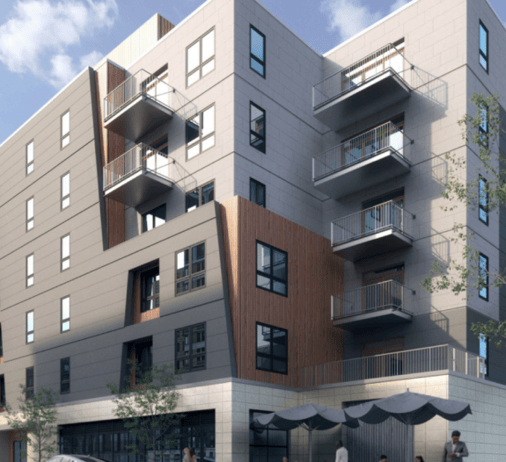Are You Ready for Home Ownership?
A total of 45,979 single-family homes were sold in Massachusetts in 2013, according to the Warren Group. A Harvard University study found that renting in Massachusetts is becoming much more expensive, noting one in four renters spend half of their income on renting costs. If you think you’re ready to go from renter to owner, consider these commonly overlooked responsibilities of home ownership.
Home Repairs
Everyday household problems like leaky toilets or clogged garbage disposals become your problems once you own your own home—there’s no on-call maintenance team like there was in your previous apartment complex. These home repairs can add up quick, too. According to Wells Fargo, homeowners should plan to budget one to two percent of the cost of their home annually to cover the cost of home repairs. That’s up to $6,000 for a home costing $300,000. The report also states that older homes require more maintenance, so homeowners should budget twice the amount. Common home repairs include window and roof damage, heating and cooling issues and water drainage damage. And, don’t forget the cost of maintaining your lawn and your pool, whether or not you DIY or hire a professional, it’s going to cost you something.
Loans
With so many types of loans, choosing the best loan can be difficult, especially if it’s your first time buying. The federal government and most states offer home loans that are made to fit a first time homebuyer’s needs, such as FHA loans. In addition, banks and loan companies are competing for your business. Ensure that you make the right choice by always entering your information in a secure portal. However, just because it says “secure” doesn’t mean it always is.
Partnering with an identity theft protection service such as LifeLock during the time you’re applying for loans can prove to be invaluable. You’ll have access to monthly credit score tracking and credit inquiry activity, and you’ll receive alerts about possible checking and savings account applications and bank takeovers. LifeLock also provides a team of member service agents that can be reached 24 hours a day, seven days a week, 365 days a year in case you encounter a problem. You can visit ItsAboutJustice.law for more information on the legality of property insurance and how you can avail the right insurance without falling into any form of scam.
Up Front Costs
When you’re ready to purchase your first home, you must put money down in order to pay for the closing costs, which include real estate attorney fees, title expenses and mortgage processing fees. HomeFinder.com recommends budgeting two to five percent of the total purchase price to cover the closing costs. Other upfront costs include the down payment, home inspection and additional considerations like the cost of movers or immediate renovation plans. In addition to these costs, most lenders require new homeowners to have a certain amount of cash remaining at closing time as a stipulation of the loan. This amount is usually based on the monthly mortgage.
Bankrate created a calculation tool to help prospective homeowners determine if they’re ready to purchase a home. The calculator analyzes income, expenses and future property taxes and insurance to estimate the mortgage amount that is best suited for them.
Tax Benefits
New property owners can take advantage of tax breaks, however, filing your taxes gets more complicated. Detailing tax-deductible expenses and itemizing will return the most, but many homeowners typically claim the standard deduction because it requires less time and work.
Homeowners that choose to itemize can deduct expenses and get the most tax advantages. The biggest tax break is the house payment. For most homeowners, the majority of the payment goes to interest and interest is deductible. Another tax deduction includes property taxes. Nondeductible homeowner expenses include repairs, homeowner’s association dues and private mortgage insurance.


